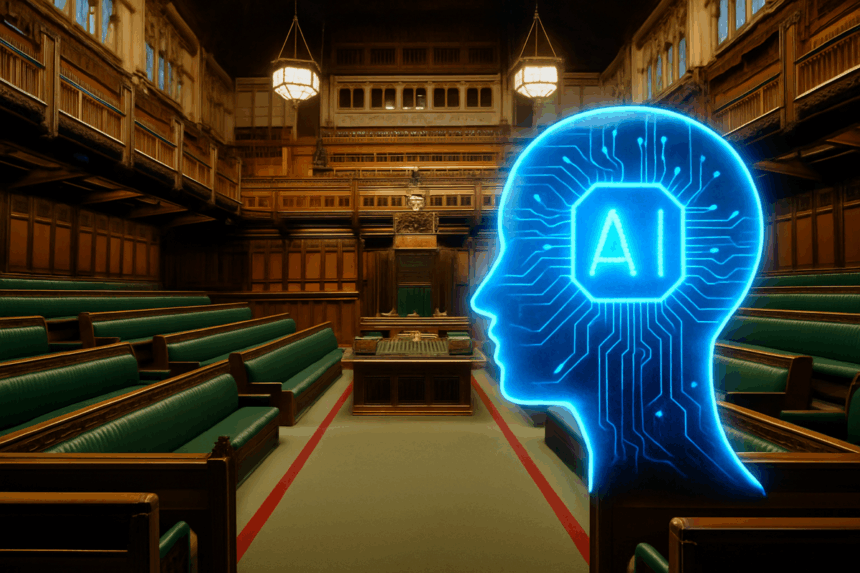The UK Parliament is currently embroiled in a heated debate over artificial intelligence (AI) policy and governance. Lawmakers face challenges in striking a balance between innovation and protecting creative industries and public interest. This conflict centers on how AI companies utilize copyrighted materials and how the government intends to regulate this rapidly evolving technology sector. The unfolding drama portrays the tensions between government priorities, the creative workforce, and powerful technology firms.
What’s Happening & Why This Matters
The UK government recently blocked a House of Lords amendment that would have required AI companies to disclose their use of copyright-protected content in their training models. This amendment, proposed by crossbench peer Beeban Kidron, passed with strong support in the Lords but was removed during a Commons debate using a financial privilege procedure. The government argued there is no budget for new regulations and that changes should happen comprehensively, not piecemeal.
Despite concerns from creative industries and public figures like Paul McCartney and Dua Lipa, the government maintains its stance on allowing AI firms to use copyrighted works unless copyright holders explicitly opt out. Critics argue that this opt-out system is unworkable and poses a threat to the livelihoods of artists and content creators across the UK.
The decision created a backlash across the creative sector. Kidron criticized the government for neglecting the needs of creators and accused it of cozying up to large tech firms. Meanwhile, Owen Meredith, CEO of the News Media Association, expressed disappointment, urging Parliament to reconsider the amendment and protect the creative economy.
This battle over transparency and copyright leans into a larger issue: the UK government’s close ties to big tech companies like Google, Meta, Amazon, Apple, and Microsoft. These firms enjoy frequent access to policymakers, leaving minor players in the AI industry struggling to have their voices heard. According to Tim Flagg, CEO of UKAI, this concentration of influence limits opportunities for the many innovative startups across the UK.

The government insists it wants both the tech and creative sectors to thrive and promises practical solutions after consulting stakeholders. However, the ongoing conflict raises questions about the balance of power and whose interests are truly being served.
TF Summary: What’s Next
As the UK government prepares to return the data bill to the House of Lords, the fight over AI transparency and copyright use will continue. The creative community, backed by public support and influential figures, is poised to push for amendments that protect their work. Simultaneously, the government faces pressure to develop regulations that encourage innovation while respecting the rights of creators. How these competing demands are resolved may define future UK AI policies.
— Text-to-Speech (TTS) provided by gspeech


